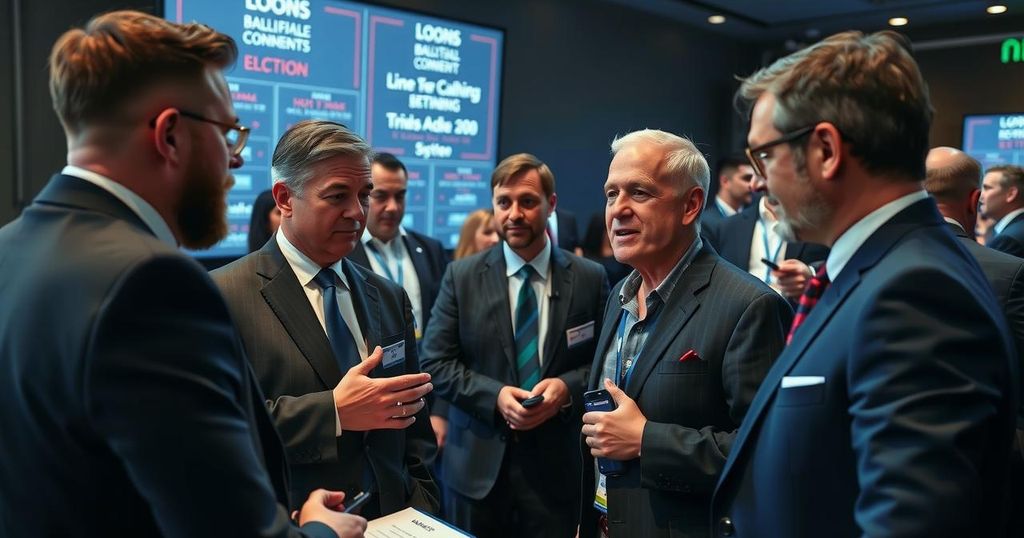Election Officials Confront Misinformation from Elon Musk on X
Election officials are battling misinformation perpetuated by Elon Musk on his platform, X, with their attempts to clarify and correct often overshadowed by Musk’s vast following. High-profile election falsities have prompted responses from local officials, revealing the difficulties they encounter in gaining equal visibility. Experts express grave concerns over the impact of these narratives on democracy, while some officials successfully correct misinformation, indicating the ongoing struggle against disinformation campaigns.
Election officials are increasingly confronting misinformation disseminated by Elon Musk on his platform, X (formerly Twitter). This interaction escalated when Mark Coakley, the registrar of Henrico County, Virginia, discovered a misleading tweet by Musk that falsely claimed electoral fraud in his county regarding the 2020 election. Despite Musk’s follower base of over 200 million and the significant visibility of his post, Coakley’s attempt to correct this misinformation garnered far less attention, with only a fraction of the engagement compared to Musk’s original tweet. This scenario illustrates the disparity in the reach of election officials when countering misinformation. In a similar incident in Philadelphia, a misleading claim about voter registration also sparked a response from local officials, highlighting a pattern where Musk’s statements often go unchallenged in terms of visibility. Election officials, including Republicans, have attempted to engage Musk in dialogue about the inaccuracies of his posts, yet their replies remain overshadowed by Musk’s massive audience. Experts in the field describe this situation as a significant challenge for election administrators, who are now required to address falsehoods while managing their core responsibilities. Sam Woolley from the University of Pittsburgh noted that Musk’s behavior reflects a misuse of his platform to politically advantage himself and those aligned with him, thereby undermining the democratic process. Conversely, Michigan Secretary of State Jocelyn Benson managed to surpass Musk’s reach when debunking a claim regarding voter registration in Michigan, demonstrating that some officials are successfully countering misinformation on public platforms.
The rise of misinformation on social media platforms has been a troubling trend, particularly in the context of elections. As key figures in the political landscape, individuals like Elon Musk wield vast influence over public opinion through their online presence. The situation has reached a point where election officials feel compelled to publicly counter false claims, often under significant time constraints and without the same level of visibility. The impact of such misinformation on democracy and electoral integrity has prompted many experts to voice concerns about the erosion of public trust and the challenges it poses to those tasked with overseeing fair elections.
The confrontation between election officials and Elon Musk’s dissemination of misinformation underscores the difficulties faced by those working to maintain election integrity. While election officials strive to provide accurate information in the face of misleading claims, they often find their efforts marginalized by the sheer reach of powerful individuals on social media. As demonstrated by the actions of officials like Jocelyn Benson, there are opportunities for effective rebuttal; however, systemic challenges remain. Addressing these imbalances is crucial to safeguarding the democratic process.
Original Source: abcnews.go.com




Post Comment